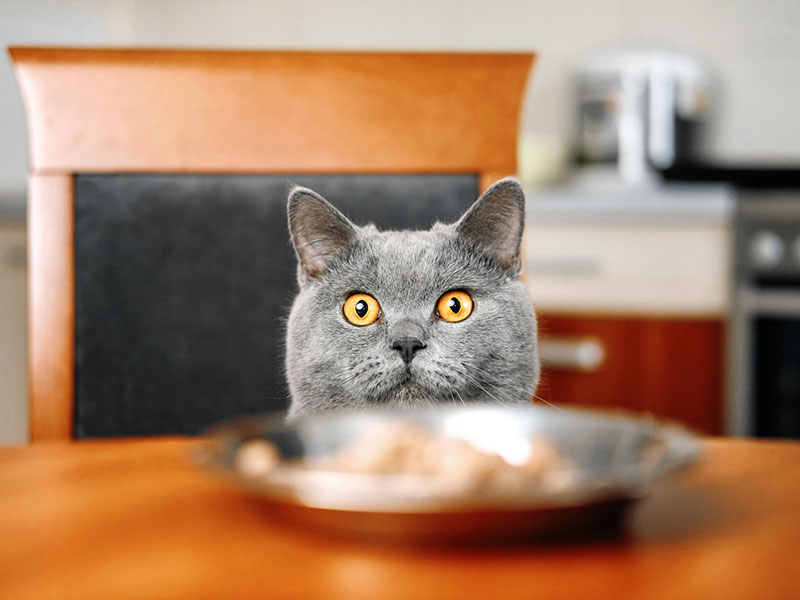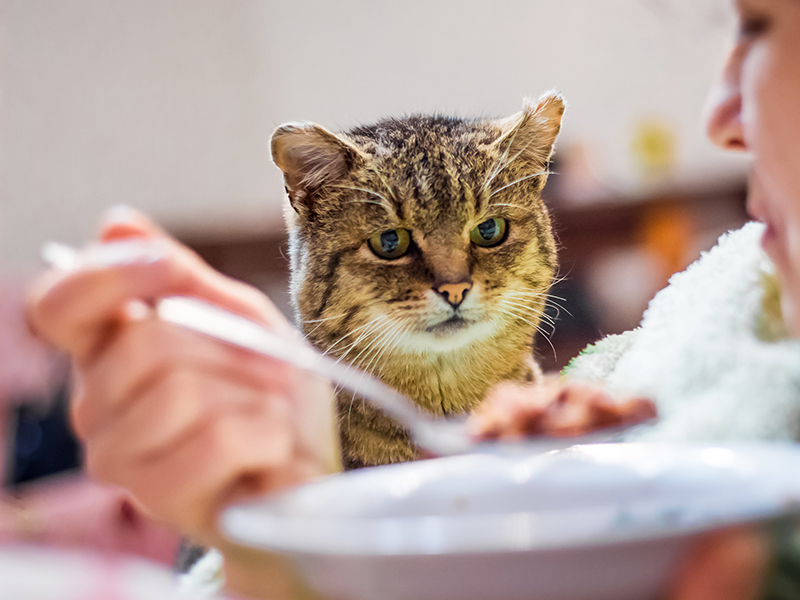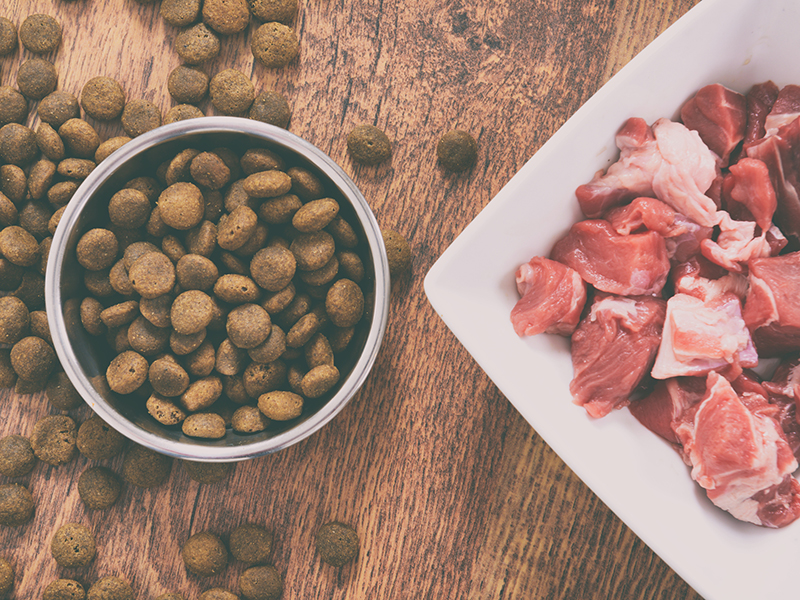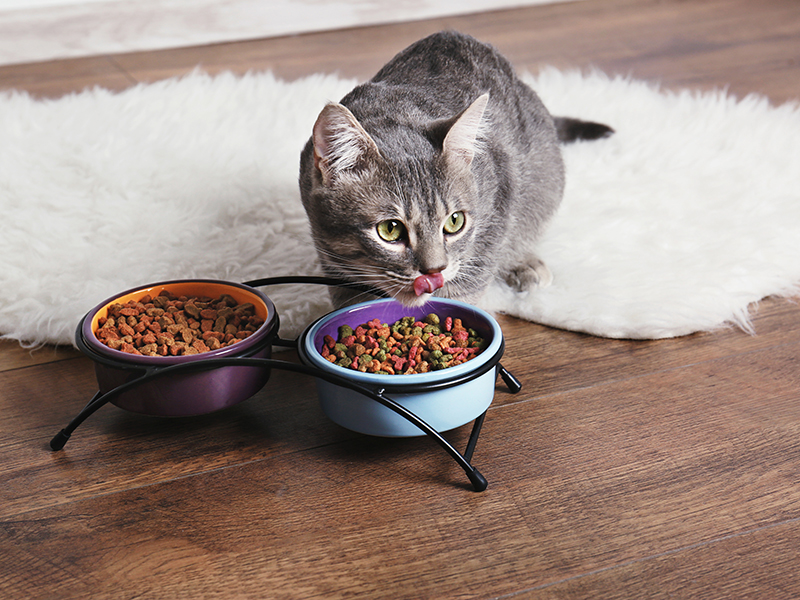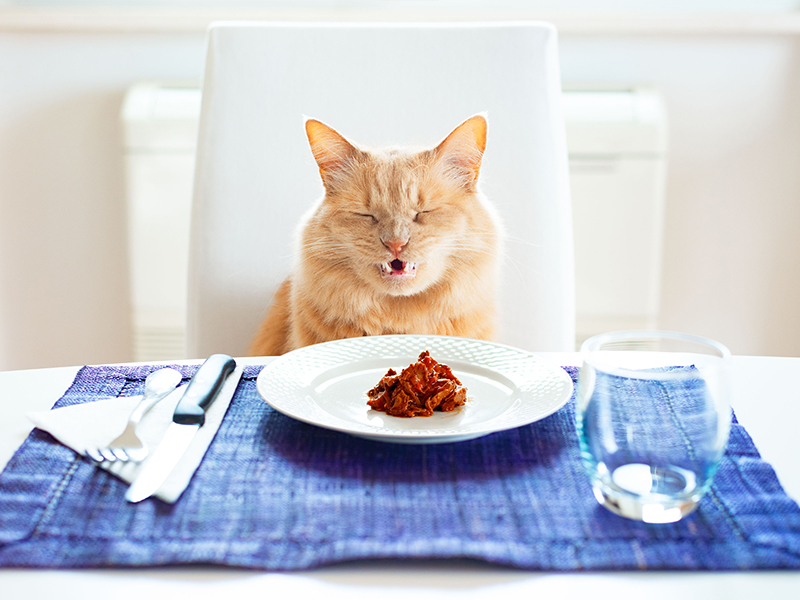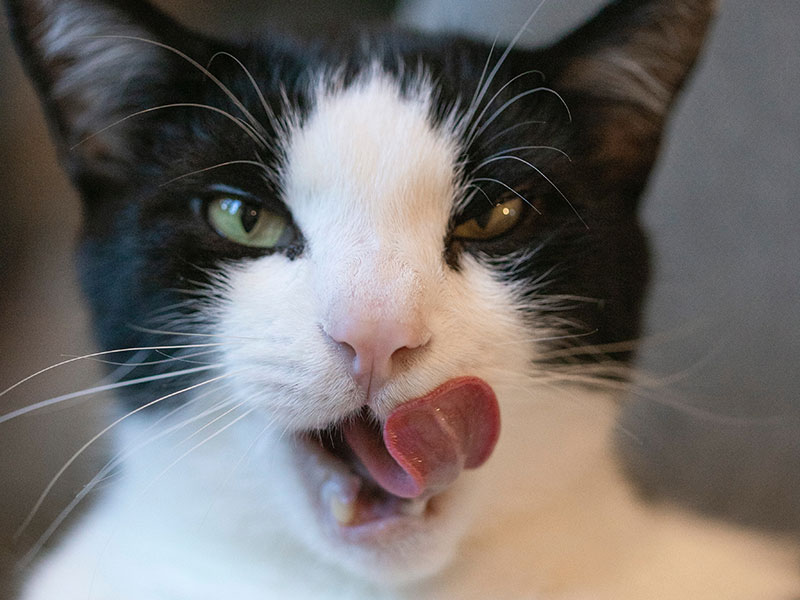So you’re tucking into a delicious plate of food, and you feel the saddest pair of puss in boots, begging eyes laid on you – how can you not share a little morsel when the struggle against adorableness is so real?
While your goal is to serve your kitty a complete, balanced diet packed with nutrient-dense ingredients; sharing human food as an occasional treat can be good for your cat and an excellent bonding opportunity for you both. The key is to know which types of food are safe for cats to nibble on, and how they may benefit your kitty.
Here’s a little list of feline friendly human food to help you navigate this area of being a rock star cat parent:
Fish
It’s no secret that cats love seafood – licking off that oily tin of tuna is a cheeky delight for most cats but also good for their eyesight, joints and brains! Humble tinned tuna in sunflower oil can even be used as an appetite stimulant if your kitty hasn’t been eating well. Just don’t give them TOO much, as the salt content is usually quite high in canned fish.
Oily fish, or perhaps a luxurious bite of salmon, is a great source of protein and omega 3 fatty acids – essential nutrients for cats. Make sure that the fish is thoroughly cooked though; raw fish can make your cat sick. If you’re splurging out, well-cooked peeled prawns would also be a tasty treat.
If your kitty happens to ingest one of your fish oil supplements (say salmon or cod liver) don’t be too concerned. The omega 3’s in fish supplements are actually great for your cat and will give their coat a healthy boost.
Meat
Your little carnivore will always appreciate a slice or two of cooked protein – the leaner the better! First prize would be a taste of a ‘clean’ chicken breast which should be skinless and boneless. ‘Clean’ because cats shouldn’t eat food that’s high in sodium so you’ll want to keep the seasoning simple, and also avoid offering cold cuts or other kinds of salty meats.
If you’re eating a medium rare or rare T-bone; don’t share. Any meat that your cat eats must be well cooked and ideally boneless, to help protect their tiny teeth and not become a choking hazard.
Eggs
Eggs are a delicious and nutritious little treat for your kitty! Whether you’re scrambling or boiling them, you’ll want to make sure that the eggs are properly cooked through to avoid E. coli or salmonella poisoning.
Commonly found in commercial cat foods, nutritionists agree that eggs are actually a great human treat for cats because of their loaded nutrition profile in terms of amino acids, protein and B vitamins.
Fruit
If you’re enjoying some freshly cut fruit, you can offer your kitty tiny, easily digestible pieces of fruit. Chilled fruit can actually be quite fun and cooling on warm days! These fruits are cat friendly:
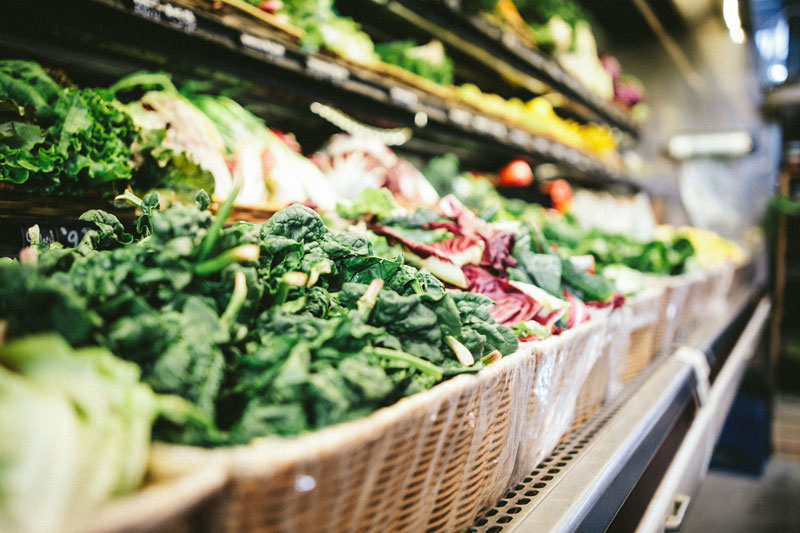
Vegetables
Even though cats don’t require veggies in their diets, tiny portions of cooked vegetables can add some much needed fiber and nutrients to their daily intake. Here’s a list of what’s safe for your kitty to eat:
Note: Never offer your cat onions or any other pungent veggies (like garlic). They wreak havoc with your cat’s digestion and red blood cells.
Whole Grains
Unrefined grains are great for cats! Brown rice and even a bit of oatmeal softened in water, adds to a healthy intake of fibrous carbs (for energetic play) and protein. Oatmeal is also a great source of B vitamins so is often added to dry cat food anyway.
Now that you’re better equipped to safely share your food, remember that human food should only form part of the occasional treat component of your kitty’s already balanced cat food diet. Keep the treats down to 10% of their total calorie intake and if you feel that your kitty is heading towards the pudgy side, you’ll want to scale back treats a little further (no matter how much they beg!)

